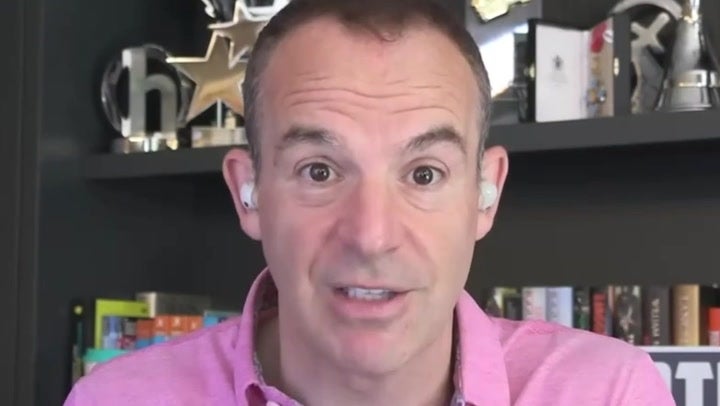Household energy bills are set to rise this winter as experts predict Ofgem’s energy price cap will increase despite two previous falls this year.
Energy consultancy Cornwall Insight said it expects the typical household’s energy bill to rise 9 per cent from October, up to £1,714 a year, from £1,568 currently.
The news won’t be welcomed by UK bill payers who may have been hoping to see costs go down after inflation reached the Bank of England’s target of 2 per cent in June, followed by the first cut to interest in five years in August.
Experts from Cornwall Insight said there is also likely to be a further “modest” increase in January 2025, with more rises possible early in the new year due to “recent tensions in the Russia-Ukraine war”.
Craig Lowrey, principal consultant for the group, said: “This is not the news households want to hear when moving into the colder months.
“Following two consecutive falls in the cap, I’m sure many hoped we were on a steady path back to pre-crisis prices.
“However, the lingering impact of the energy crisis has left us with a market that’s still highly volatile and quick to react to any bad news on the supply front.
“Despite this, while we don’t expect a return to the extreme prices of recent years, it’s unlikely that bills will return to what was once considered normal.
“Without significant intervention, this may well be the new normal.”

The energy price cap is the maximum amount energy suppliers can charge for each unit of energy for households on a standard variable tariff.
It is not the maximum amount you could be charged for energy in a year, nor a fixed rate. Rather, it is an indication of the average amount households can expect to pay if their energy consumption is typical.
In practice, the price cap corresponds to the maximum limit on what providers can charge per unit, either per kWh or as a daily standing charge. What you will actually pay will depend on where you live, how you pay your bill, how much you use and the type of meter you have.
The price cap was introduced by the government in 2019 to ensure energy bills accurately reflect the cost of energy. It is updated every three months.
Money guru Martin Lewis has advised people to act soon to cut energy costs ahead of the October increase, saying people should consider locking in to a fixed price now to avoid paying more over the next year.
For the latest cost of living news, read The Independent’s regularly updated guide

